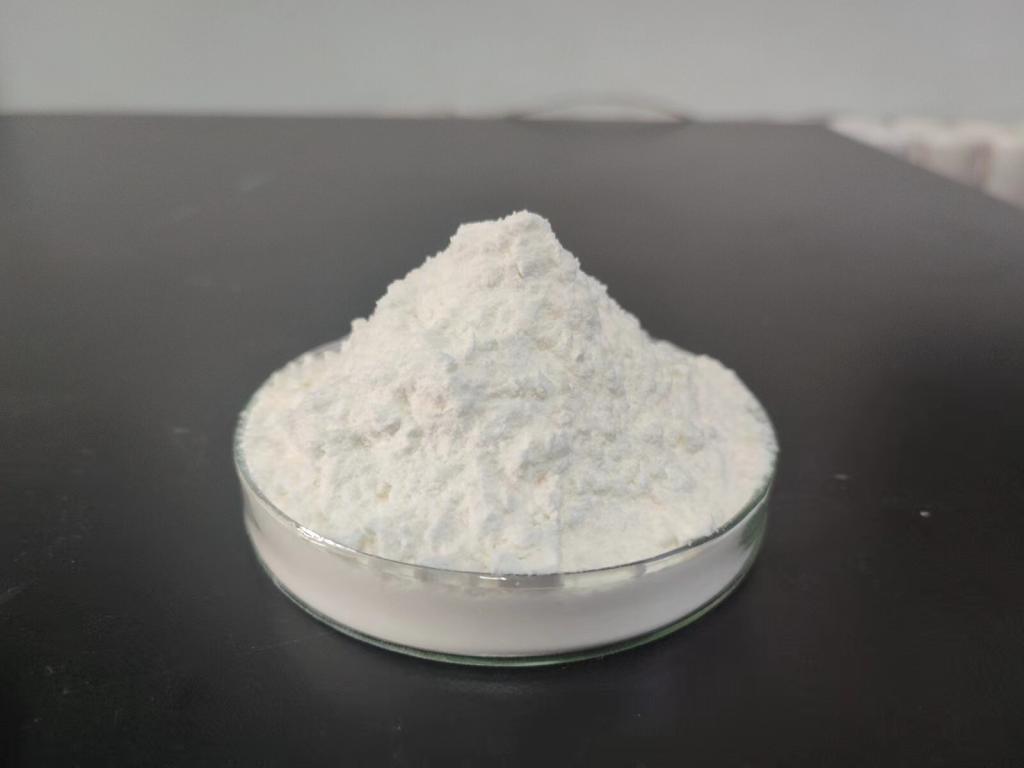Tel:+8618231198596

News
 CONTACT
CONTACT
 CONTACT
CONTACT
- Linkman:Linda Yao
- Tel: +8618231198596
- Email:linda.yao@dcpharma.cn
- Linkman:CHARLES.WANG
- Department:Overseas
- Tel: 0086 0311-85537378 0086 0311-85539701
News
How ε-Polylysine hydrochloride contributes to the sustainability of food preservation.
TIME:2024-09-25
The Need for Sustainable Food Preservation
Traditional food preservation methods often rely on synthetic preservatives, which, while effective, can have negative environmental and health impacts. The shift towards sustainability in the food industry requires the development and adoption of preservation techniques that are not only effective but also environmentally friendly, safe for consumers, and economically viable. ε-Polylysine hydrochloride addresses these needs by offering a natural, biodegradable, and highly effective solution for extending the shelf life of food products.
Properties and Mechanism of Action
ε-Polylysine hydrochloride is a cationic homopolymer of L-lysine, typically consisting of 25-30 amino acid residues. It is produced through the fermentation of Streptomyces albulus, a naturally occurring soil bacterium. The antimicrobial properties of ε-PL are attributed to its ability to disrupt the cell membranes of target microorganisms, leading to the leakage of cellular contents and ultimately, cell death. Its effectiveness extends to a wide range of Gram-positive and Gram-negative bacteria, as well as some fungi and yeasts.
Sustainability Contributions of ε-PL
Natural and Biodegradable
ε-PL is derived from natural fermentation, making it a renewable and biodegradable resource. Unlike many synthetic preservatives, ε-PL does not persist in the environment, reducing the potential for long-term ecological damage. Its biodegradability aligns with the principles of a circular economy, where materials are designed to be reused, recycled, or decomposed without harm.
Reduced Food Waste
By effectively inhibiting the growth of spoilage and pathogenic microorganisms, ε-PL can significantly extend the shelf life of food products. This reduction in food spoilage directly contributes to lower levels of food waste, a critical issue in global sustainability efforts. With less food waste, there is a reduced need for the resources and energy required to produce, process, and transport excess food, thereby lowering the overall carbon footprint of the food supply chain.
Clean Label and Consumer Acceptance
Consumers are increasingly seeking out food products that are free from artificial additives and preservatives. ε-PL, being a natural and clean-label ingredient, meets this demand. Its use can help food manufacturers develop products that appeal to health-conscious and environmentally aware consumers, who prefer natural and minimally processed foods.
Versatile Applications
ε-PL's broad-spectrum antimicrobial activity makes it suitable for a wide range of food products, including meats, dairy, seafood, and ready-to-eat meals. Its versatility allows for the replacement of multiple synthetic preservatives with a single, more sustainable solution. Additionally, ε-PL can be used in combination with other natural preservatives or packaging technologies to create synergistic effects that enhance food safety and quality.
Challenges and Considerations
While ε-PL offers numerous benefits, there are several challenges that must be addressed for its widespread adoption:
Cost and Scalability
The production of ε-PL through fermentation can be more expensive compared to some synthetic preservatives. Scaling up production to meet the demands of the food industry while maintaining cost-effectiveness is a key challenge. Advances in biotechnology and fermentation processes may help to reduce costs and improve efficiency.
Regulatory Approval
Although ε-PL has been approved for use in several countries, including Japan, China, and the United States, regulatory approval varies by region. Ensuring compliance with local regulations and obtaining necessary approvals is crucial for its global adoption.
Stability and Compatibility
The stability of ε-PL can be affected by factors such as pH, temperature, and the presence of certain food components. Formulating ε-PL in a way that maintains its efficacy under different storage and processing conditions is essential. Research into encapsulation and stabilization techniques can help to overcome these limitations.
Conclusion
ε-Polylysine hydrochloride represents a promising and sustainable solution for food preservation. Its natural origin, biodegradability, and broad-spectrum antimicrobial activity make it an attractive alternative to synthetic preservatives. By reducing food waste, meeting consumer preferences for clean-label products, and offering versatile applications, ε-PL supports the food industry's transition towards more sustainable practices. As research continues to address the challenges associated with its use, ε-PL is poised to play an increasingly important role in the future of sustainable food preservation.
- Tel:+8618231198596
- Whatsapp:18231198596
- Chat With Skype







